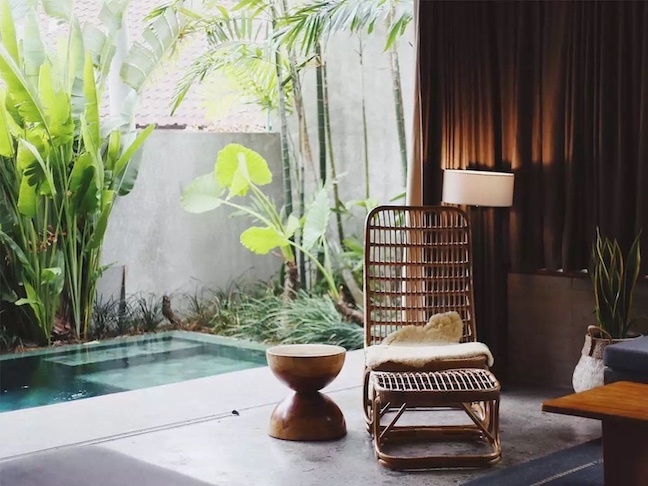Sustaining for perpetuity: How New Age Menstrual Management also Prolongs life and well-being
Regards,
Related Articles
What Does a Physiotherapist Do? Skills, Treatments & When to See One
Ever had that annoying sore at the end of the day? Your neck is tight after hours spent at your computer, or your lower...
Beet It: Surprising Benefits of Beetroot!
Let’s be honest—beetroot isn’t usually love at first bite. With its earthy taste and bold color, it’s the vegetable many of us avoided as...
Is the Covid Vaccine Causing Heart Attacks? Here’s What Experts Say
With the growing speculation on social media that Covid-19 vaccines can be a reason behind the sudden surge in heart-attack related deaths, the Ministry...


 Deep Bajaj is the Founder & CEO of Sirona, a modern FemTech brand that Is solving period and intimate hygiene problems with its unique, category defining products and services. Being a keen observer of troubling feminine hygiene issues, Deep saw the lack of solutions to various issues that women face right from puberty to menopause. To fill this critical gap, he, with his co-founder Mohit Bajaj, formally started Sirona in 2015. The company has since been disrupting the feminine hygiene category in the country with problem solving products like PeeBuddy – India’s First Female Urination Device (Stand & Pee], SIRONA menstrual cups (used by over 1 million women, country’s highest selling menstrual cup brand], Tampons and other niche products. The team has also innovated many products like India’s first Herbal Period Pain Relief Patches, Oxo-biodegradable Disposal Bags, Anti-chafing Rash Cream, Period Stain Remover and more..
Deep Bajaj is the Founder & CEO of Sirona, a modern FemTech brand that Is solving period and intimate hygiene problems with its unique, category defining products and services. Being a keen observer of troubling feminine hygiene issues, Deep saw the lack of solutions to various issues that women face right from puberty to menopause. To fill this critical gap, he, with his co-founder Mohit Bajaj, formally started Sirona in 2015. The company has since been disrupting the feminine hygiene category in the country with problem solving products like PeeBuddy – India’s First Female Urination Device (Stand & Pee], SIRONA menstrual cups (used by over 1 million women, country’s highest selling menstrual cup brand], Tampons and other niche products. The team has also innovated many products like India’s first Herbal Period Pain Relief Patches, Oxo-biodegradable Disposal Bags, Anti-chafing Rash Cream, Period Stain Remover and more..